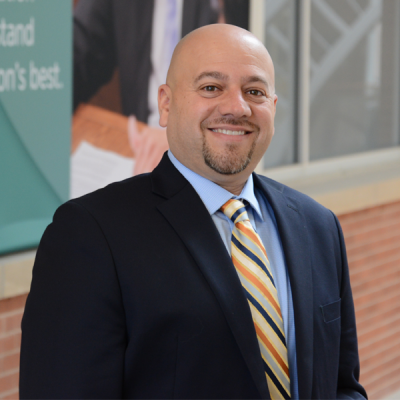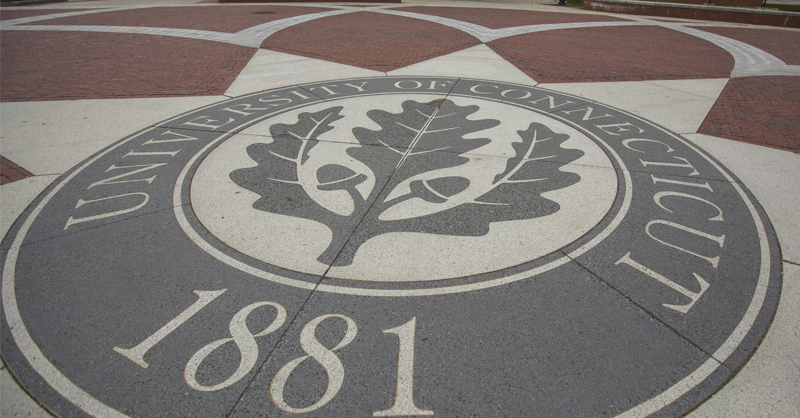This message was sent to Deans, Associate Deans, Department Heads and Directors.
Dear Colleagues,
During the COVID-19 pandemic and the declared Public Health Emergency, UConn has limited access to and use of its campus facilities and resources (all campuses) by university and non-university third party entities.
UConn is a public institution and as such normally permits access or use of its grounds or public buildings. UConn also acknowledges the importance of summer activity on the mental health of children and families. In support of health and safety efforts and a movement towards preparing the campus to reopen in the Fall, access and use of university buildings, spaces, facilities, and resources will remain limited.
With that framework, below is an outline of guidelines for the summer:
- Courses, academic programs, academic conferences, and performing arts should be offered online;
- Residential programs will not be permitted;
- Rental of indoor spaces to third parties will not be permitted, to include classrooms, meeting spaces and ballrooms;
- No use of indoor spaces for programs where attendees are not UConn employees or students;
- Dining hall facilities will not be available;
- Outdoor camps and clinics, with very limited indoor facility needs (ie. restroom access) are permitted assuming they adhere to the Office of Early Childhood (OEC) guidelines (ctoec.org);
- Outdoor outreach/community programs, with limited indoor facility needs are permitted but should seek guidance in advance (ex. summer horseback riding lessons).
All programs must adhere to the sector rules from the Office of Economic & Community Development (DECD), guidance from the Department of Public Health (DPH), and the Centers for Disease Control (CDC). The sector rules and guidance should be regularly checked and reviewed as they are frequently updated.
Exceptions for use of university facilities or resources other than as outlined above will be approved only for an exceptional need and for the benefit of the university. Requests for any exception must be submitted in writing to the appropriate office below and must clearly define the need and why an exception should be granted.
Questions and exceptions regarding summer camps, conferences and programs not hosted by UConn or non-academic UConn hosted programs should be directed to conferences@uconn.edu.
Questions and exceptions regarding UConn hosted academic programs should be directed to provost@uconn.edu.
Sincerely,
Carl Lejuez
Provost and Executive Vice President for Academic Affairs
Cara Workman
Senior Director of Operations, Office of the President
Director, University Events and Conference Services

 We invite you to nominate exceptional colleagues for the
We invite you to nominate exceptional colleagues for the